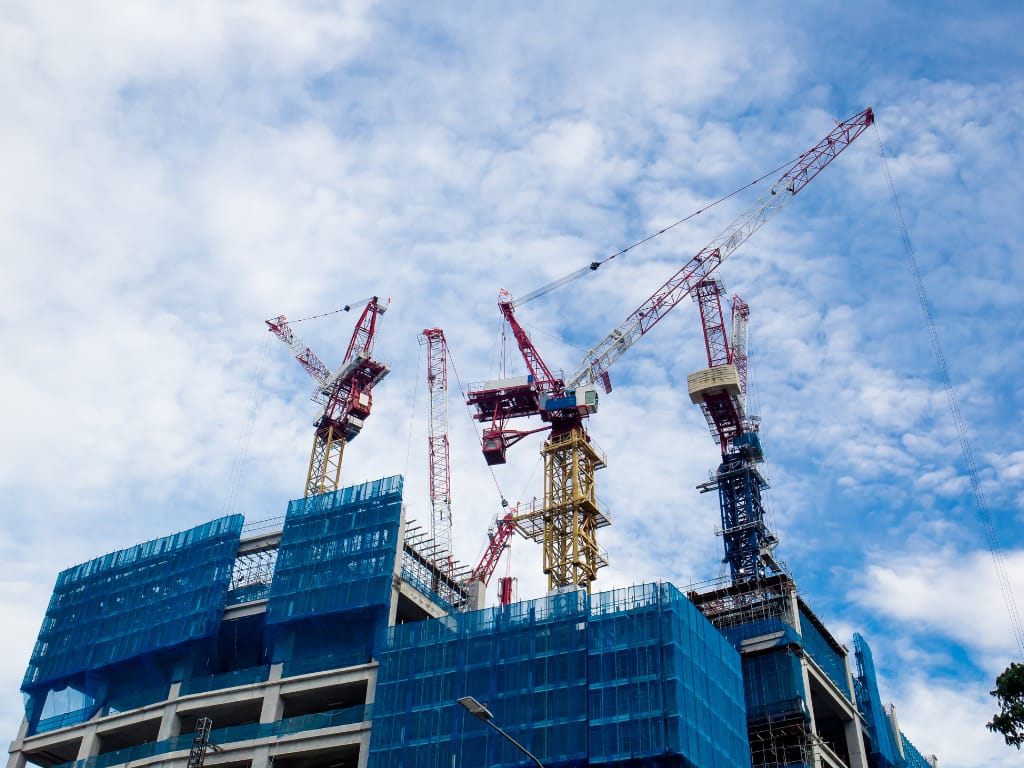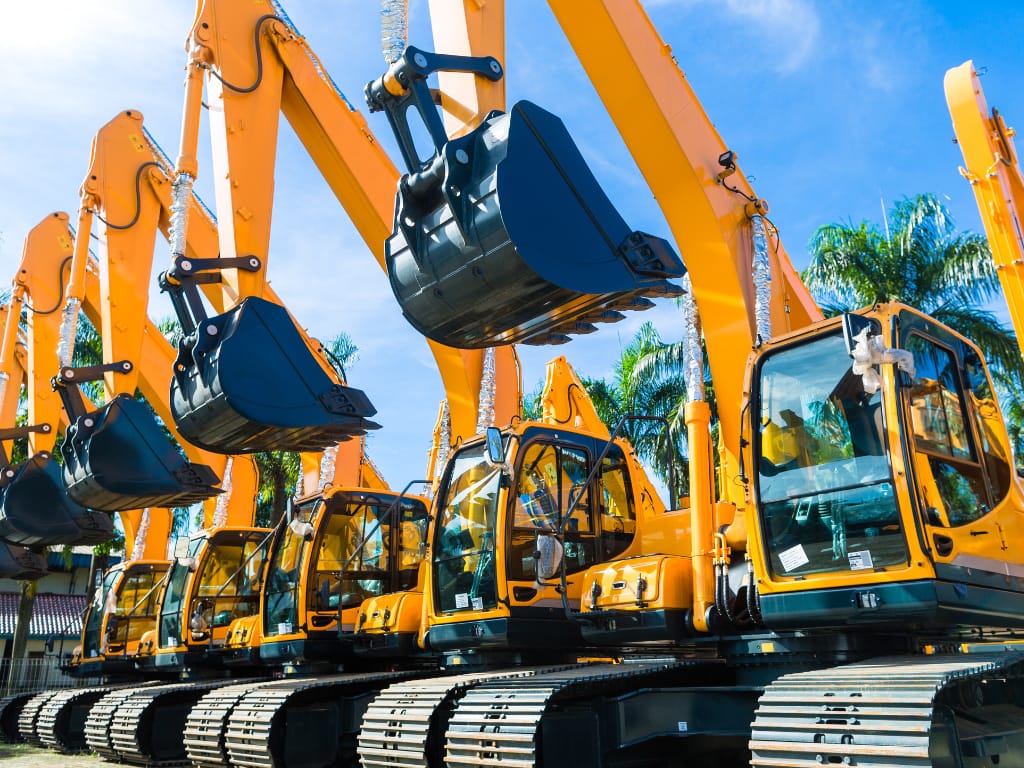Looking for something specific? Try using our search bar!
Looking for something specific? Try using our search bar!
Construction equipment hire, also known as equipment rental or equipment for hire, refers to the service of renting out various types of machinery and tools used in building and construction projects.
This service provides contractors and construction companies with access to a wide range of construction equipment without the need for outright purchase.

The range of equipment for rent in the construction industry is extensive, covering everything from heavy-duty machinery to smaller tools. This includes:

Site Preparation: Prior to the arrival of your construction equipment for hire, it’s crucial to prepare the site to ensure a smooth integration of the machinery into your ongoing project.
This includes clearing the area where the equipment will be used or stored and establishing designated paths for heavy machinery, like earthmoving equipment, to minimize disruption to other site activities.
Safety and Compliance: Safety is paramount when integrating rental construction equipment into a project. Ensure that all site workers are briefed on safety protocols related to the new equipment. Compliance with local regulations and standards is also crucial
For instance, if you rent a truck or other large vehicle, verify that the site can accommodate such vehicles safely and in accordance with local traffic regulations.
Efficient Usage: To get the most value out of your equipment rental, plan the usage schedule meticulously. For instance, if you have a truck for rent, align its usage with your project’s critical phases to ensure that it is fully utilized while on rent.
Similarly, plan the use of earthmoving and other building construction equipment rental items so they are used continuously, rather than sitting idle on the site.
Coordination with Projects: Effective coordination between the equipment hire schedule and the project timeline is essential. This involves timely delivery and setup of the equipment to align with project milestones.
For example, if you have a truck hire scheduled, ensure it arrives when needed for tasks like material transportation or site clearing.
Common Pitfalls: Some common challenges in construction equipment hire include delays in delivery, equipment malfunction, or receiving machinery that doesn’t exactly match your project requirements. Being proactive in communication with the rental company can mitigate many of these issues.
Solutions and Best Practices: Develop a contingency plan for potential delays or equipment failures. Regularly communicate with the equipment hire company to stay updated on any changes or issues. For example, if you’re planning to rent a truck, it’s wise to have a backup plan in case of unexpected delays or mechanical issues.
Making an informed decision when it comes to equipment hire for your construction project is critical. Whether you’re looking for earthmoving equipment, building construction equipment, or even a truck rental, it’s essential to weigh all factors like cost, flexibility, safety, and your specific project requirements.
Final Thoughts: Careful planning and consideration when hiring equipment can significantly enhance the efficiency and success of your construction project.
By choosing the right equipment for hire, you can ensure that your project progresses smoothly, safely, and within budget.
More articles below: